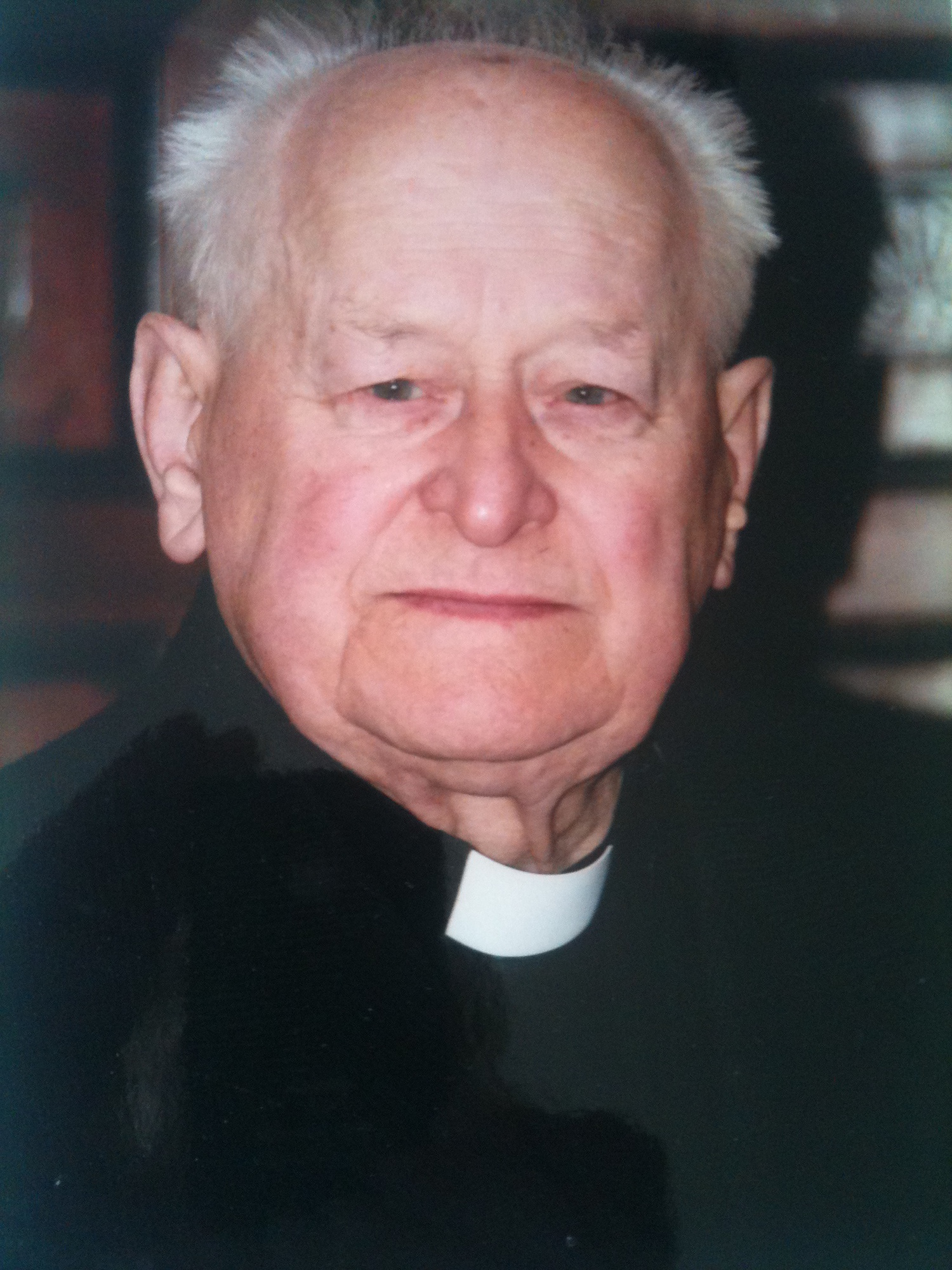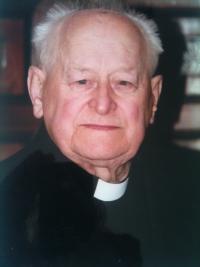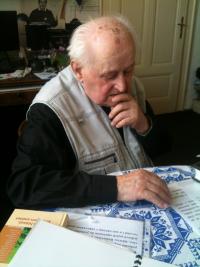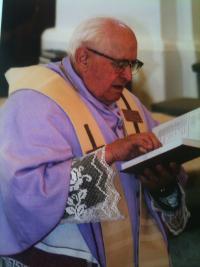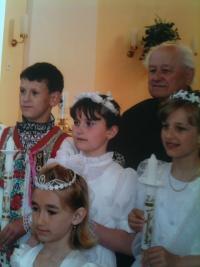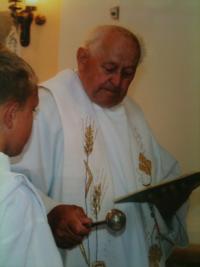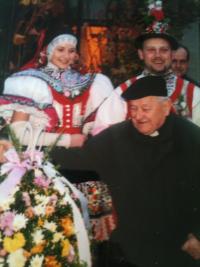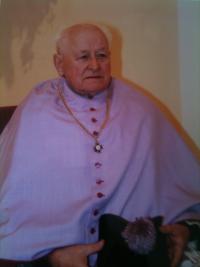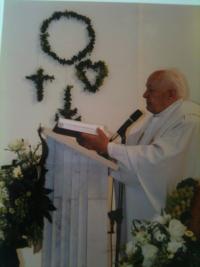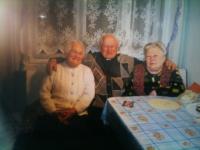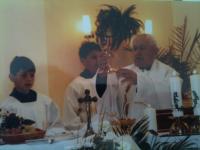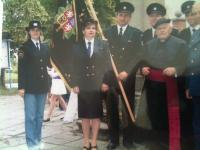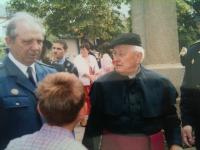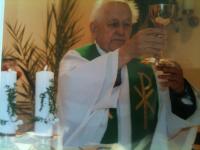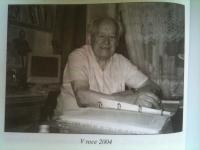Faith can turn even the tiniest thing into something great
Radim Hložánka was born January 4, 1923 in Petřvald in a miner’s family. He studied grammar school in Příbor and after the occupation of the Sudetenland he transferred to Ostrava, where he graduated in 1943. For the following two years he worked as a locksmith in Příbor, in 1945 he became a secretary in the National Committee administration office, and later he taught at the elementary school in Jistebník. Thanks to Antonín Huvar he became involved in the Boy Scout movement and at the same time he was also a member of the Orel organization. In September 1948 he began studying the seminary in Olomouc in order to become a priest, but the seminary became abolished in August 1950. Radim Hložánka then worked as a labourer in construction of waterworks in northern Moravia. In May 1961 he was arrested together with five other people. In a staged trial he was sentenced to eleven years for high treason and for stealing socialist property. He was imprisoned in Valdice, in the so-called ‘Vatican,’ where many priests, bishops, professors and leaders of Catholic orders were being interned. He was released in October 1963. On April 16, 1967 he was secretly ordained a priest in Petřvald by bishop Štěpán Trochta. In November 1968 he began serving as a curate in Most. On March 20, 1982 he was sentenced again and he was given a twenty-month prison sentence for disrupting the state administration of churches and religious organizations. He served his sentence in Pilsen-Bory, where he met Václav Havel and František Lízna, among others. In November 1982 he was released from the prison after he had suffered a heart stroke. However, his licence for the ministry was not renewed and he thus retired. During his retirement he continued publishing samizdat literature until this activity became revealed in 1985. In November 1989 he began serving as an administrator of the parish in Kostelec near Kyjov. From 1991 he was working in the parish Svatobořice-Mistřín and in 1992 he became dean and in 2002 canon of the Kroměříž chapter. Radim Hložánka passed away on January, the 28th, 2017.
